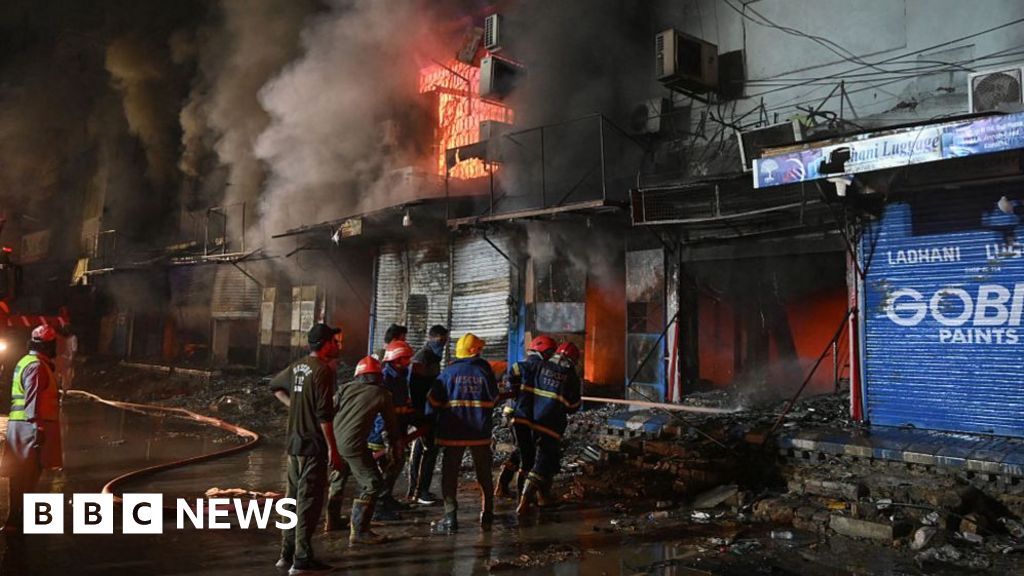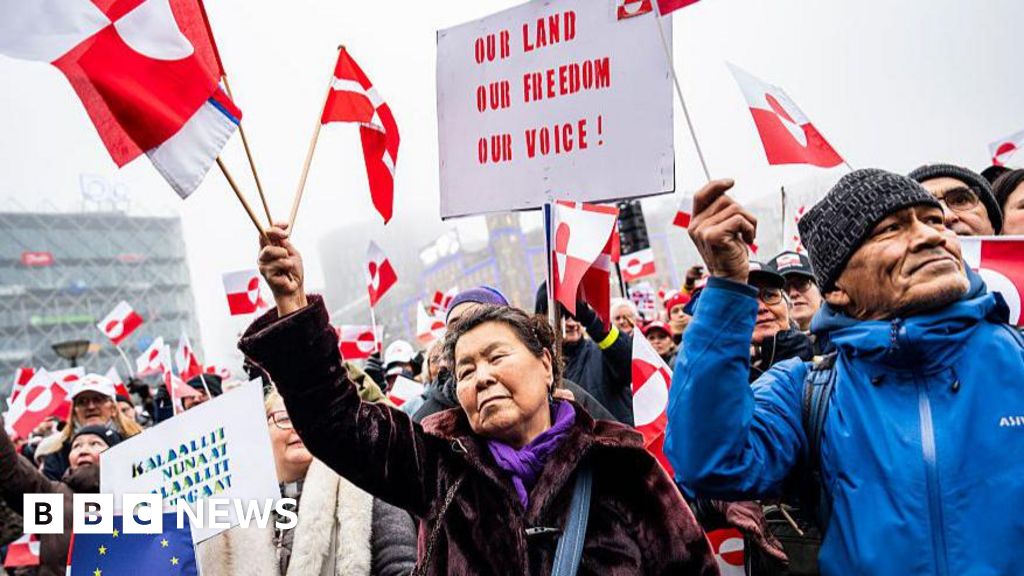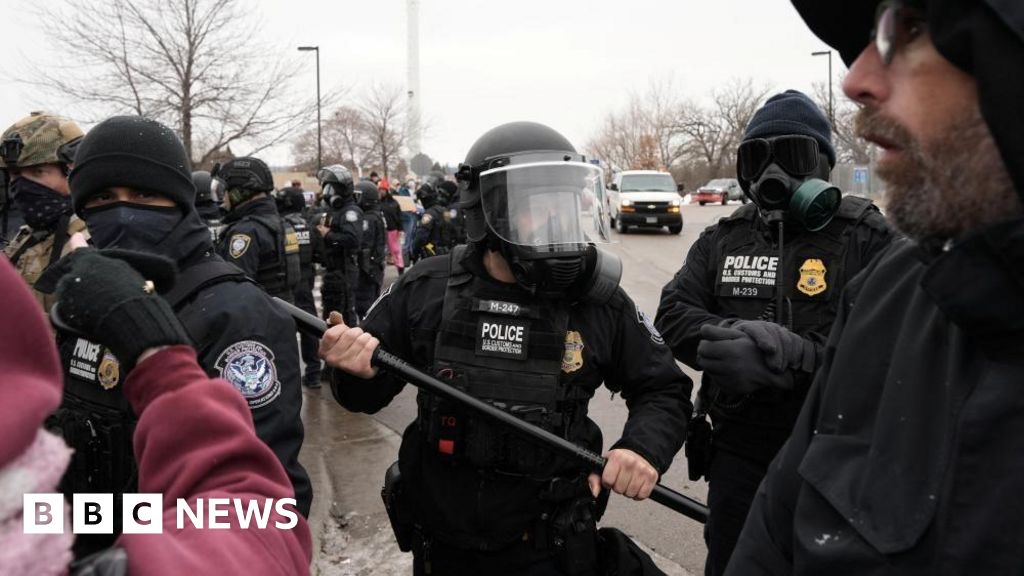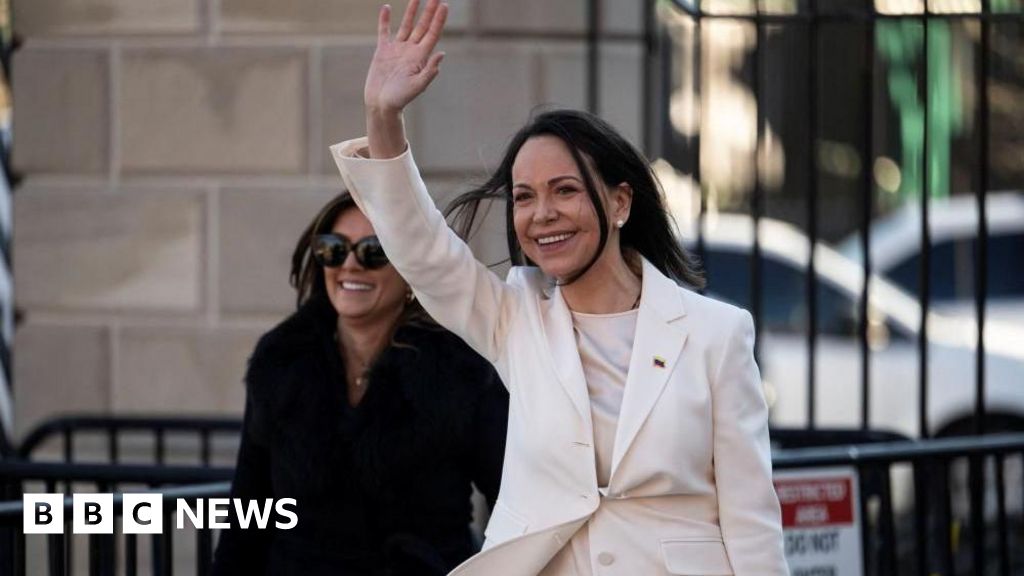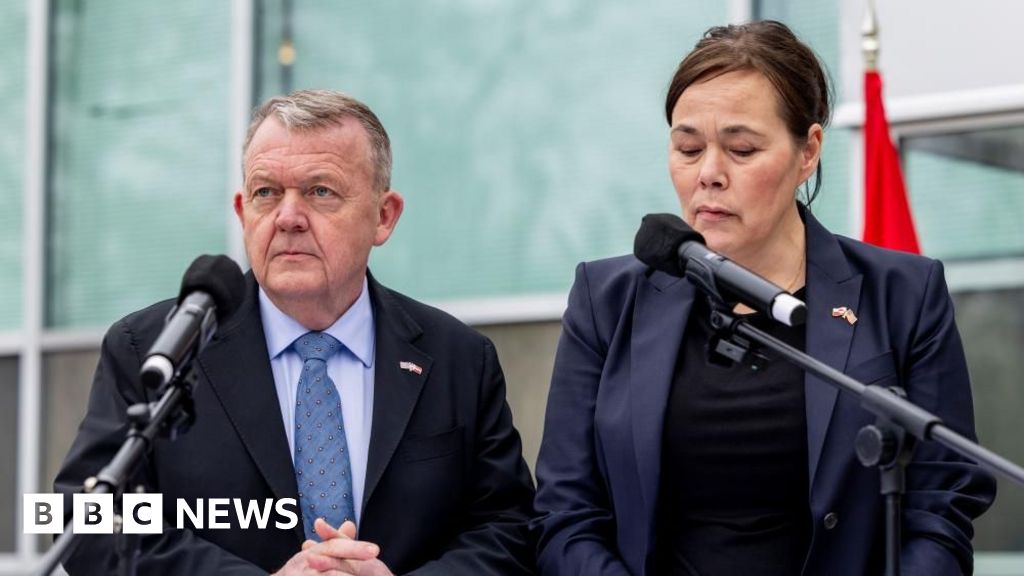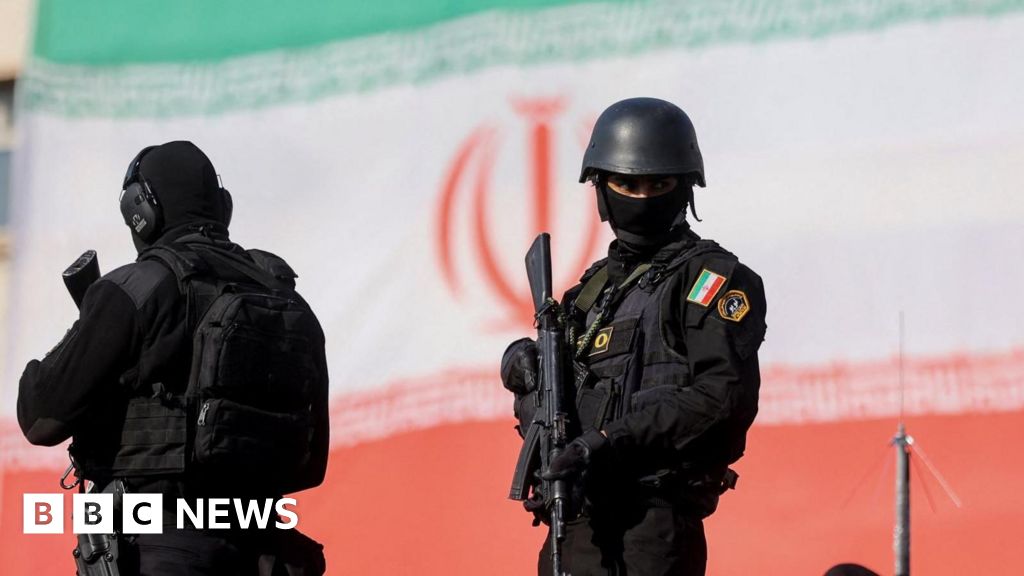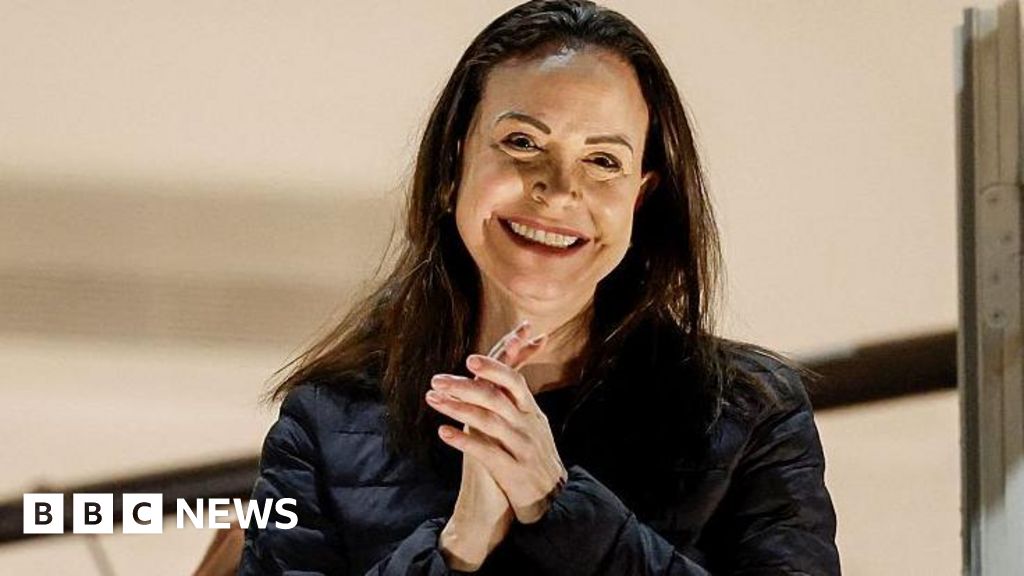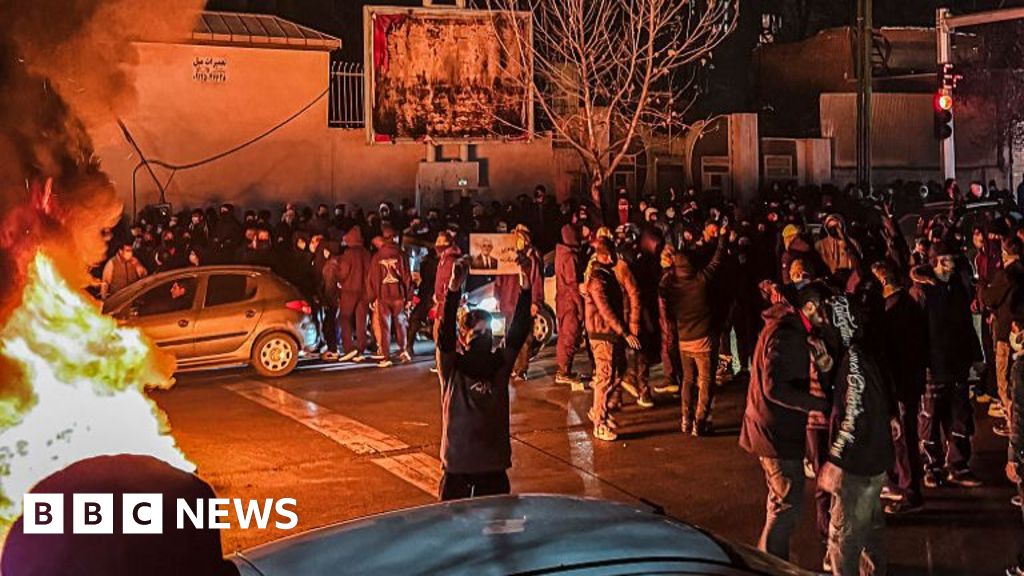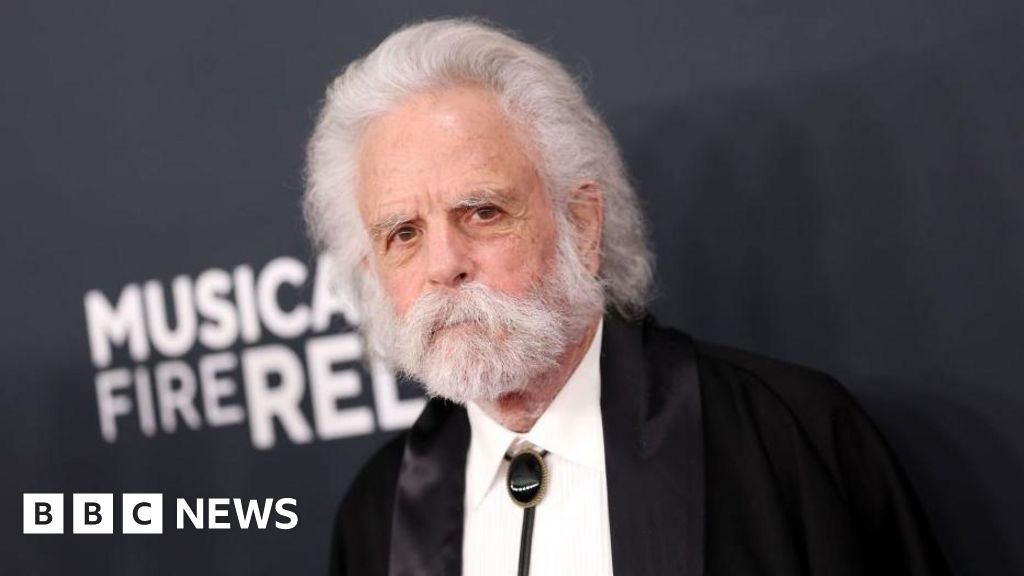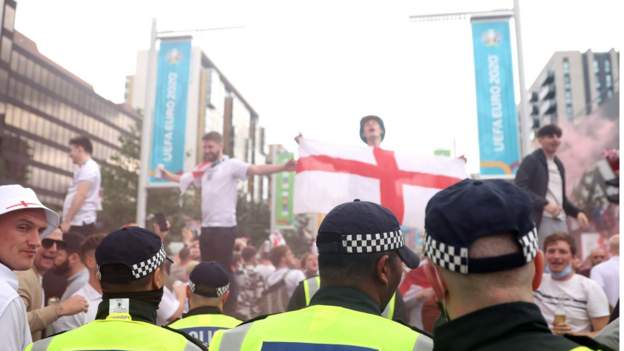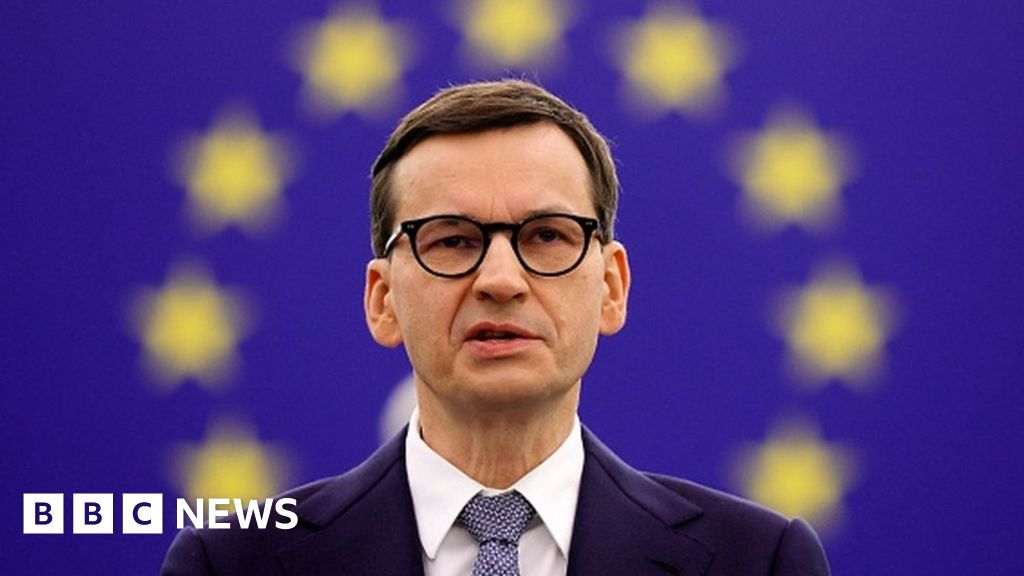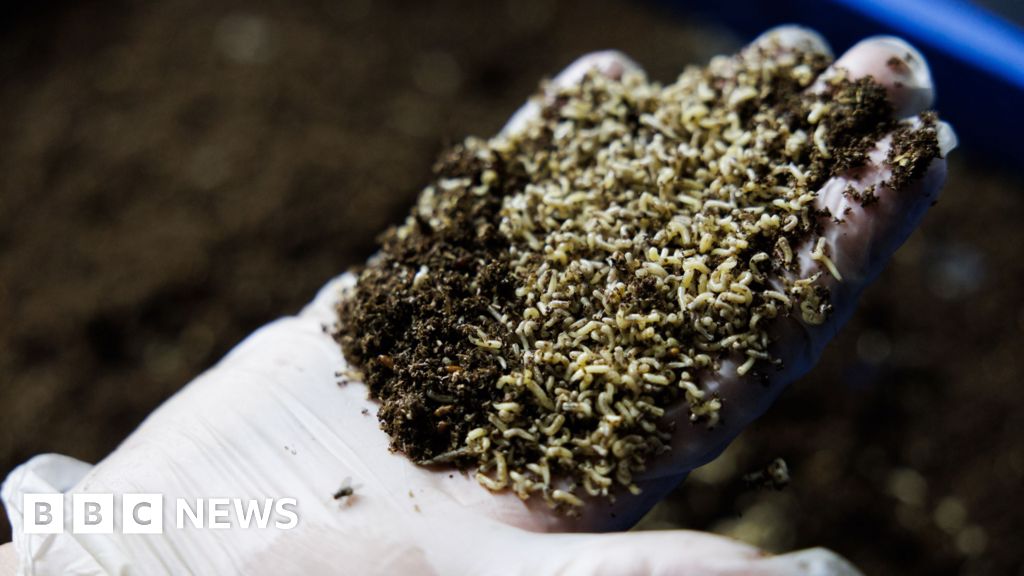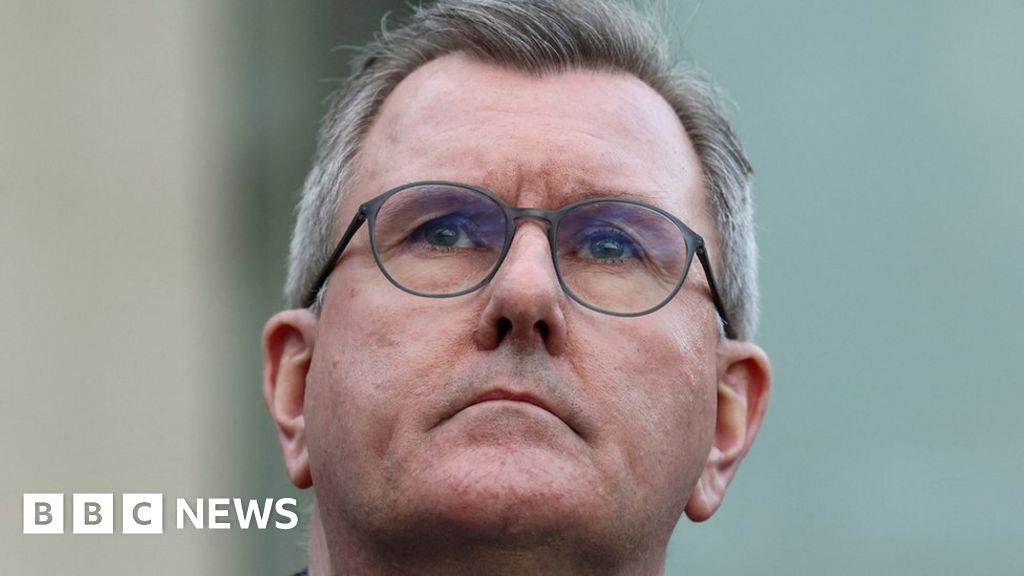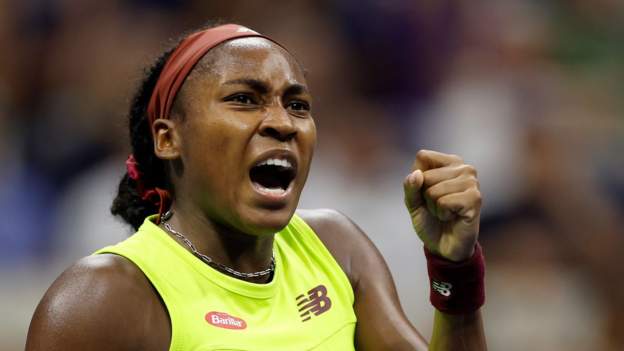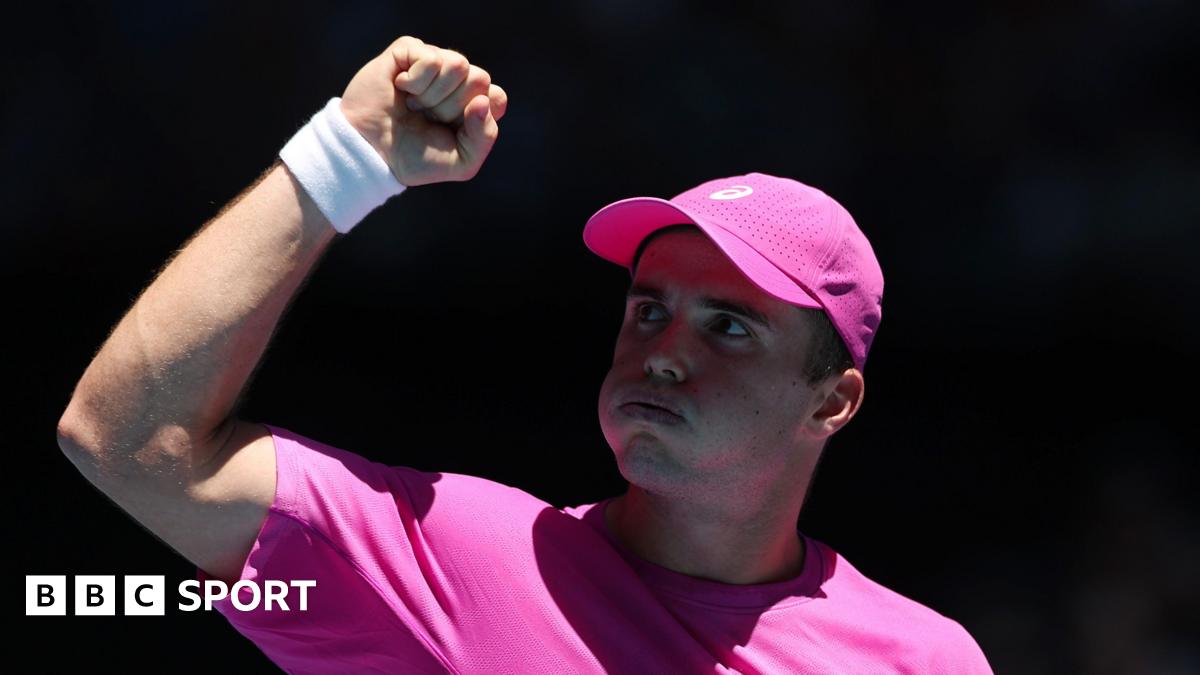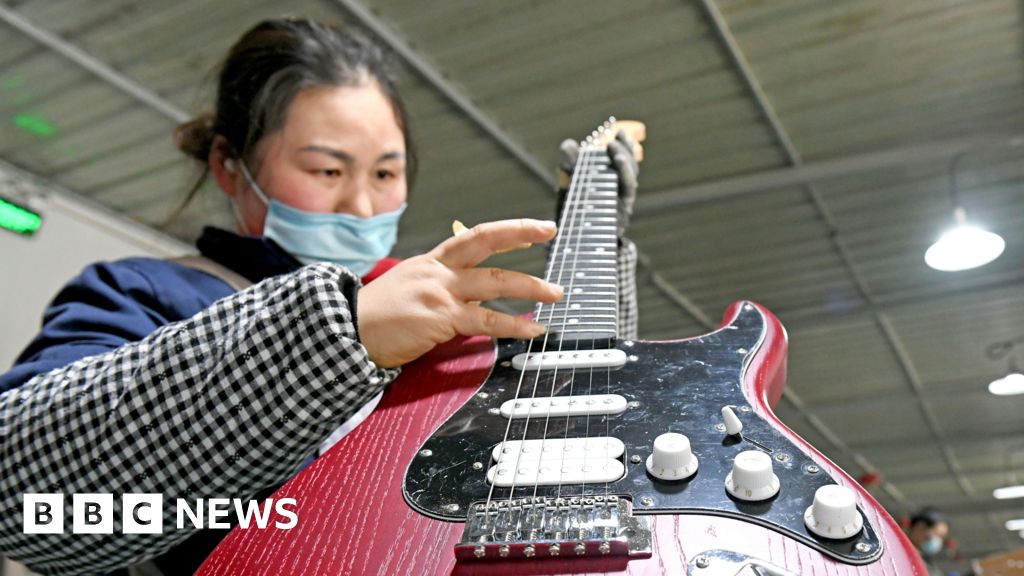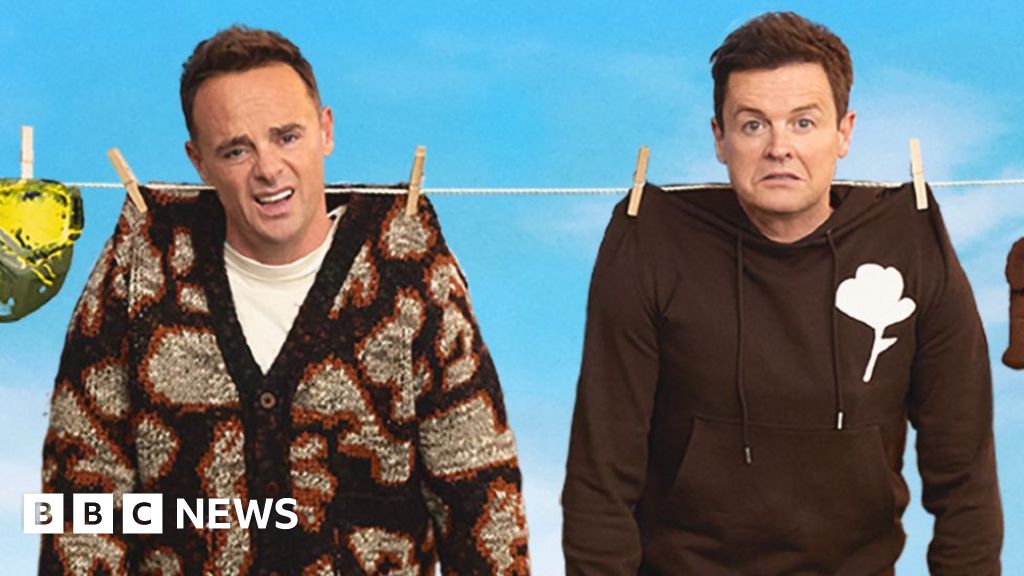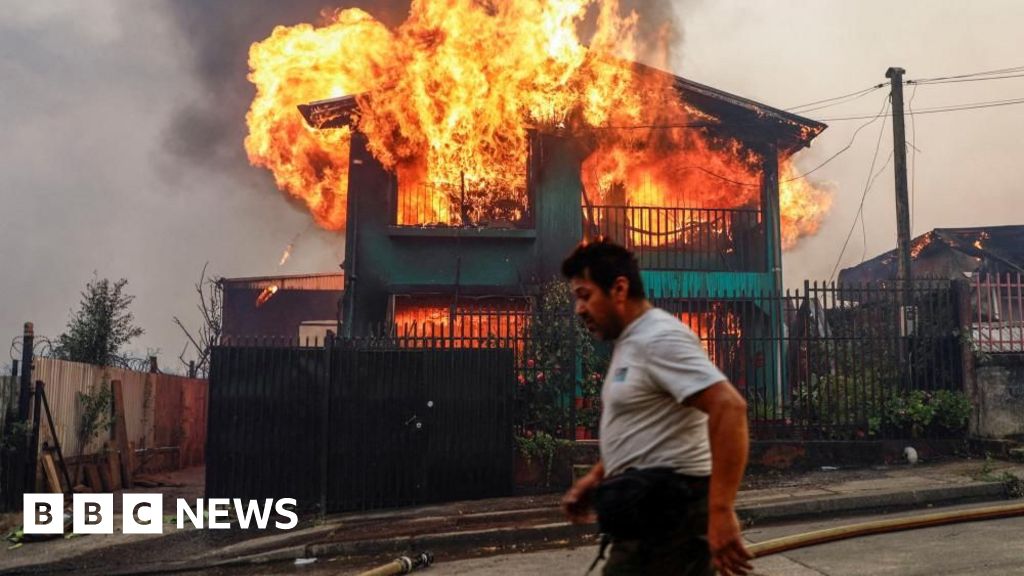A UK and Republic of Ireland bid to host the 2030 World Cup bid has not “gone up in smoke” after England’s Euro 2020 final trouble, MPs have been told.
England were given a one-match stadium ban on Monday following the unrest at July’s final at Wembley.
“It was not our finest hour as a major host of international sporting events,” UK Sport’s chief operating officer Simon Morton told a DCMS committee.
Speaking at the hearing into major cultural and sporting events, he continued: “It was the opposite of what we want big sporting events to feel like. It was pretty shocking.
“However, I don’t think it is reflective of how this country organises big sporting events. It is very serious but I don’t think it is our bid up in smoke.”
Downing Street insisted the 2030 bid was “very strong” despite the Wembley trouble.
Asked about the impact on the 2030 bid, the Prime Minister’s official spokesman admitted “important lessons need to be learned” but added: “Our reputation for staging world-class sporting events is strong.”
Morton said he was taking encouragement from the comments of Uefa president Aleksander Ceferin, who last month said the trouble, “would not count against” a British and Irish bid.
Morton said no decision had been taken over progressing with a bid and almost certainly would not be until it was certain what the competition was likely to be.
He cited China, a combined Spain and Portugal bid, plus one from South America, almost certainly involving 1930 hosts Uruguay as likely candidates, although he added “others were likely to emerge”.
Morton was reminded of the embarrassment the English bid for the 2018 World Cup generated when it managed just two votes in the first round of voting, one of which came from the Football Association itself.
World governing body Fifa has changed its voting procedure since then so it involves every nation rather than just its own executive committee and reports fed back from those involved in the bidding for the 2026 tournament – which will be jointly held by the United States, Canada and Mexico – suggested a major improvement in transparency, according to Morton.
He also defended the use of government money to fund a bid from a sport that generates billions of pounds in TV income.
“After the pain of that (previous) vote, 11 years ago, now is a reasonable time to re-appraise whether to go again,” he said.
“But one of the lessons from the previous bid was that the distance between the bid and government was too great.
“I think government should be contributing to feasibility work. The World Cup is a huge event and the government should take a view on costs and risks and benefits. The only way to do that is to put its hand in its pocket and commission really good work and close the gap between the FA and what we know.”


